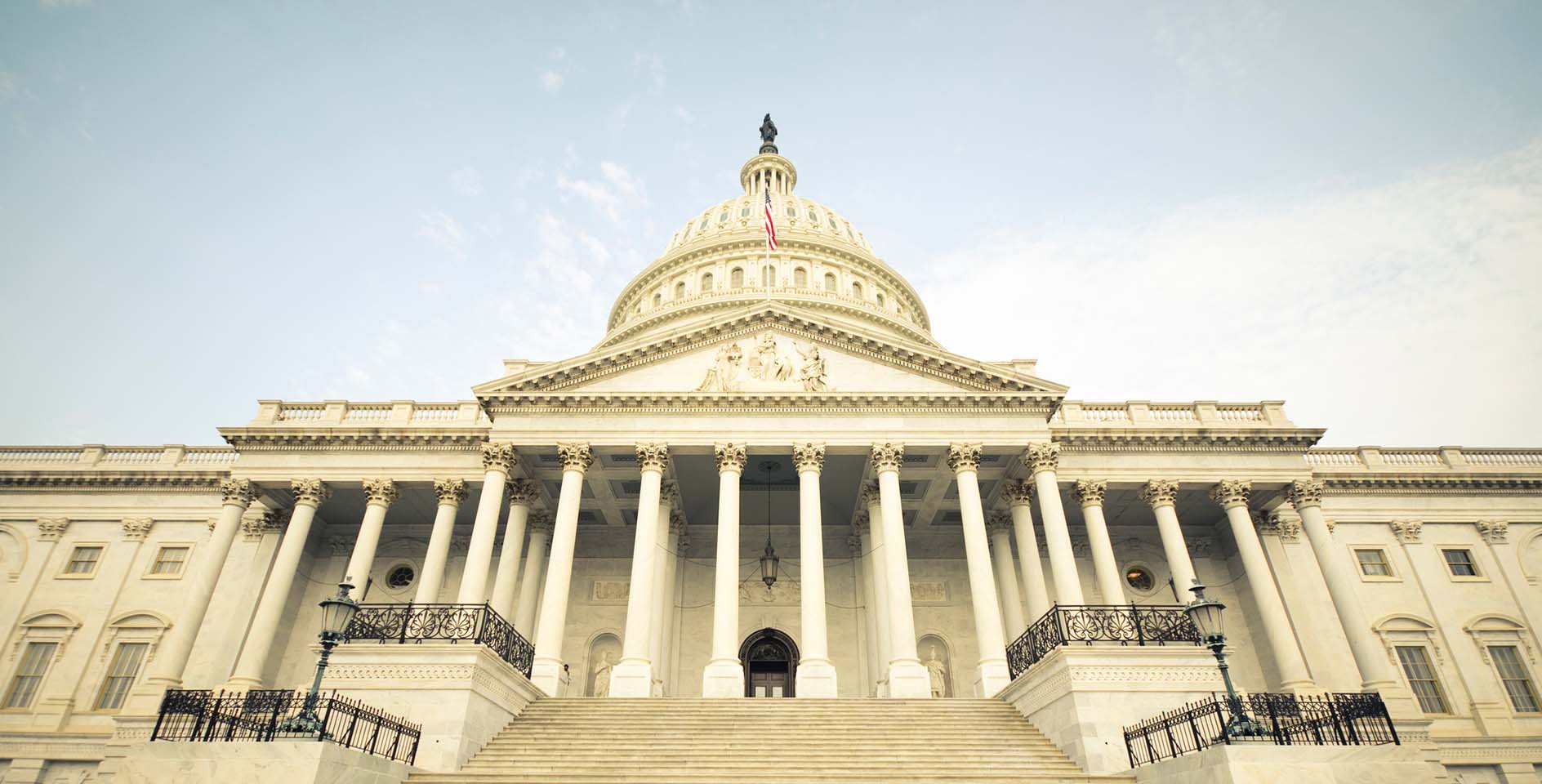The recently proposed Safeguarding Charity Act is a response to numerous religious liberty challenges that take place within our courts. Encouragingly, this fundamental American freedom has stood its ground. Today, the religious freedom protections we enjoy as Americans remain robust.
However, the challenges to our first freedom haven’t abated entirely. In the last couple of years, rulings in two court cases have taken aim at religious liberty by equating “tax-exempt status” with “federal financial assistance.” In response, Sen. Marco Rubio and Congressman Greg Steube are proposing a bill called the Safeguarding Charity Act.
What is the Safeguarding Charity Act?
The Safeguarding Charity Act is an amendment—a “congressional remedy“—to Title 1 of the United States Code being proposed by Sen. Marco Rubio and Congressman Greg Steube of Florida. Its purpose is “to reverse [two recent court decisions]” that “potentially subject tens of thousand of unsuspecting non-profits to multiple burdensome and costly federal laws for the first time, restore the decades-long understanding of the law, and forestall a virtually unprecedented expansion of federal law.”
The act is being proposed in response to Buettner-Hartsoe v. Baltimore Lutheran High School and E.H. v. Valley Christian Academy, two recent court cases with significant religious liberty implications.
What problem does it seek to address?
Over a period of 75 years—from 1894 to 1969—the basic principles and requirements of tax exemption in the U.S., including the kinds of organizations that could be granted exemption, were developed through a series of legislative actions. In the last couple of years, however, two court decisions have muddied the waters on what it means to be tax exempt and what it means to receive federal financial assistance.
In Buettner-Hartsoe v. Baltimore Lutheran High School and E.H. v. Valley Christian Academy, the courts have held that to enjoy tax-exempt status is to receive “federal financial assistance,” a novel conclusion that virtually no court in American history, nor federal agency, nor statute has held. And while it may seem like an insignificant distinction, if these courts rulings were to be upheld, or if Rubio’s proposed amendment does not pass, the rulings would immediately trigger the application of a number of statutes not intended for tax-exempt entities, imposing on them burdens they ought not to bear.
Defining tax exemption as a form of federal financial assistance would trigger such laws as Section 504 of the Rehabilitation Act of 1973, the Age Discrimination Act of 1975, Title IX of the Education Amendments of 1972, and others, applying them to a number of organizations that have historically been exempt from federal income taxation such as private schools, houses of worship, volunteer fire departments, veterans organizations, and many more. If the court decisions are upheld and more widely embraced, untold numbers of tax-exempt organizations will become subject to government imposed statutes and regulations. If they are found to be in violation of the statutes and regulations, they could incur financial penalties or their tax-exempt status could be removed.
The Safeguarding Charity Act “would correct the courts’ erroneous decisions by declaring that tax-exempt status is not ‘federal financial assistance.'”
Why should Southern Baptists support the Safeguarding Charity Act?
The court decisions mentioned above have significant religious liberty implications. If being tax-exempt is equated with receiving federal financial assistance, thereby triggering statutes and regulations on historically tax-exempt organizations, thousands of nonprofits, including many faith-based organizations, will be forced to comply with regulations that may interfere with their religious liberty and consciences.
Many faith-based organizations that would otherwise qualify for federal grants and financial assistance explicitly do not take such funds to avoid these stringent requirements that could violate their beliefs. Religious organizations provide indispensable benefits to the communities that they serve and threatening to take away the tax-exempt status of these institutions or subject them to regulations that infringe on their deeply held convictions, will only harm the individuals being served by these organizations.
As Christians, we believe that God has given the governing authorities power and responsibility (Rom. 13:1–2). We ought not to resist the state when it acts within the bounds of the authority it’s received from God. But the state’s power is not ultimate—there are certain boundaries it shall not cross. When it attempts to encroach on its citizens’ religious convictions or impose its values by edict or fiat—precisely the effect the aforementioned statutes and regulations will have on formerly tax-exempt organizations—the state has certainly overstepped the bounds of its authority.
Christians should support the Safeguarding Charity Act because doing so represents a tangible step toward safeguarding the religious liberties that are so fundamental to American life.
What comes next?
Now that Sen. Rubio and Congressman Steube have introduced the bill, they will begin the hard work of convincing their colleagues from both parties to support this solution. It is unlikely that a measure like this will quickly be passed into law, but the ERLC will work with these members and other partners to continue educating our lawmakers about this issue and advocating for their support of this proposal.











